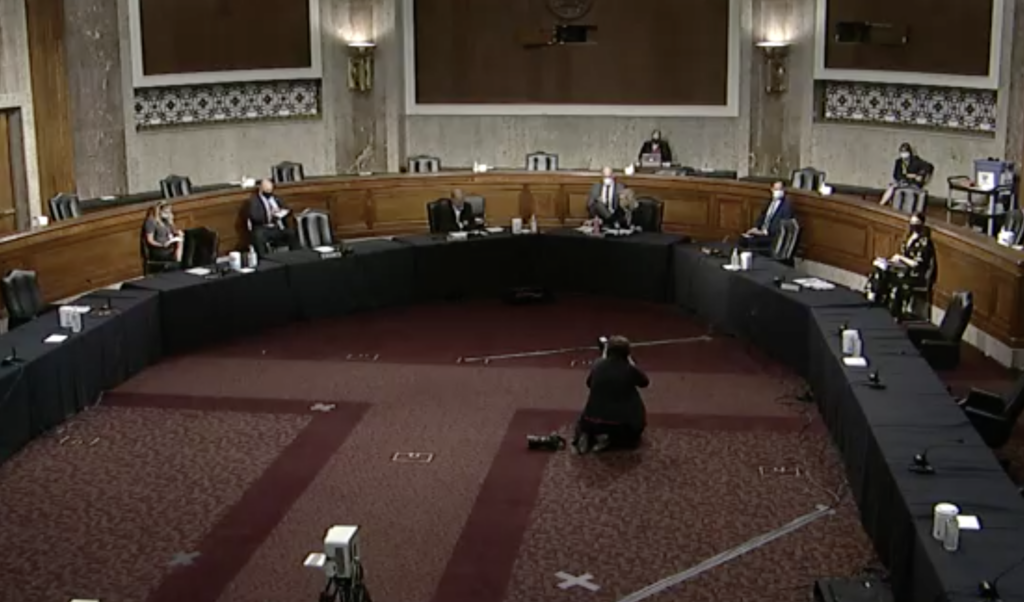Products You May Like
Trump has said he will veto the NDAA because it does not repeal Section 230 of the 1996 Communications Act.
WASHINGTON — The Senate on Dec. 11 voted 84-13 to pass the 2021 National Defense Authorization Act, adopting the compromise defense policy bill by a large enough margin to override a presidential veto.
The House passed the NDAA on Dec. 8 in a 335-78 vote — more than the two-thirds majority lawmakers would need to override Trump’s veto.
The NDAA authorizes $740.5 billion for national defense. The bill is now headed to President Trump’s desk. Trump has said he will veto the NDAA because it does not repeal Section 230 of the 1996 Communications Act, which shields online companies from legal liability for content posted by users. Trump also objects to provisions to rename military bases that honor Confederate officers, and opposes language that restricts his power to use military construction money for other projects.
The bill contains several provisions on national security space and the U.S. Space Force:
- The Department of the Air Force must provide an acquisition strategy for the procurement of space systems by May 15. Congress is especially concerned about how the Space Force will accelerate procurement of next-generation technology and take advantage of commercial industry’s innovations.
- The secretary of the Air Force must provide a report on the selection process and criteria used to determine the permanent site for Space Command headquarters.
- The Space Force is directed to start research and development projects to promote competition in the National Security Space Launch program. The goal is to “maintain competition in order to maximize the likelihood of at least three National Security Space Launch providers competing for Phase 3 contracts; and to support innovation for national security launches.” The bill authorizes up to $90 million in fiscal year 2021 subject to approval from appropriators.
- The Air Force has to procure commercial space domain awareness services from at least two contractors.
- The Pentagon has to establish a small launch and satellite policy to ensure “responsive and reliable access to space through the processing and launch of Department of Defense small-class payloads.”
- The Defense Department and the intelligence community have to leverage, as much as practicable, commercial geospatial-intelligence services and acquire domestic commercial satellite imagery.
